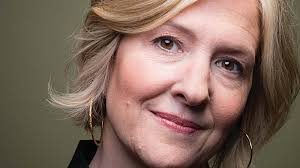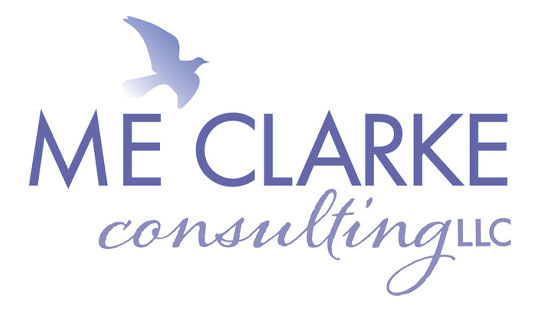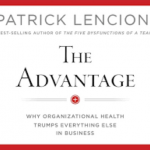Portrait of a Peacemaker– Brene Brown
 “Vulnerability is not weakness. And that myth is profoundly dangerous. Vulnerability is the birthplace of innovation, creativity and change”
“Vulnerability is not weakness. And that myth is profoundly dangerous. Vulnerability is the birthplace of innovation, creativity and change”
In 2010 Brene Brown touched the TedTalk world with one word: vulnerability. To take Brown’s words, vulnerability, in its most simplified form is, “uncertainty, risk and emotional exposure.” It was her own misunderstanding of this lone word, that sparked her interest in its power and role in life, especially hers. After years of research, listening and storytelling, Brene Brown offered the world, or at least the internet-world, one misunderstood truth: Vulnerability, although it is widely blamed for our shame and doubt, is almost always, without fail, a catalyst for beauty, happiness and joy.
Before her TedTalk debut, Brown spent years researching the origins and nuances of shame. As she read, organized and analyzed qualitative data, which came to her in the form of written and spoken stories, an unexpected theme blossomed from her work. Brown’s approach to the research was quite methodical and reflected her own personal preference to clean up and categorize life. As she read testimonies centering shame and its foundations and consequences, Brown was surprised to find that those stories which she labeled “whole hearted,” that is, those who approached life with the ability to give and receive love, all practiced the art of vulnerability.
Like most people, Brown’s first reaction to vulnerability was to shy away from it in an effort to protect herself from rejection and shame. This finding about vulnerability was not embraced easily, in fact, Brown, self-admittedly, shoved it into a corner, kicked it, ignored it, and backed away from it until her own intrigue overpowered her fear. When Brown embraced vulnerability, she experienced first-hand what her research had told her over and over: When we let ourselves be vulnerable, when we allow ourselves to risk and experience failure, we ultimately open ourselves to opportunity, creativity and connection.
Perhaps our view of personal and professional success has been skewed by the over-confident and zealous prototype of achievement. Brown introduces us to a more authentic, perhaps even riskier take on life, that of embracing uncertainty and emotional exposure. And so, the question remains, will you kick it in the corner or will you dare to embrace the power of vulnerability?





Leave a Reply
Want to join the discussion?Feel free to contribute!